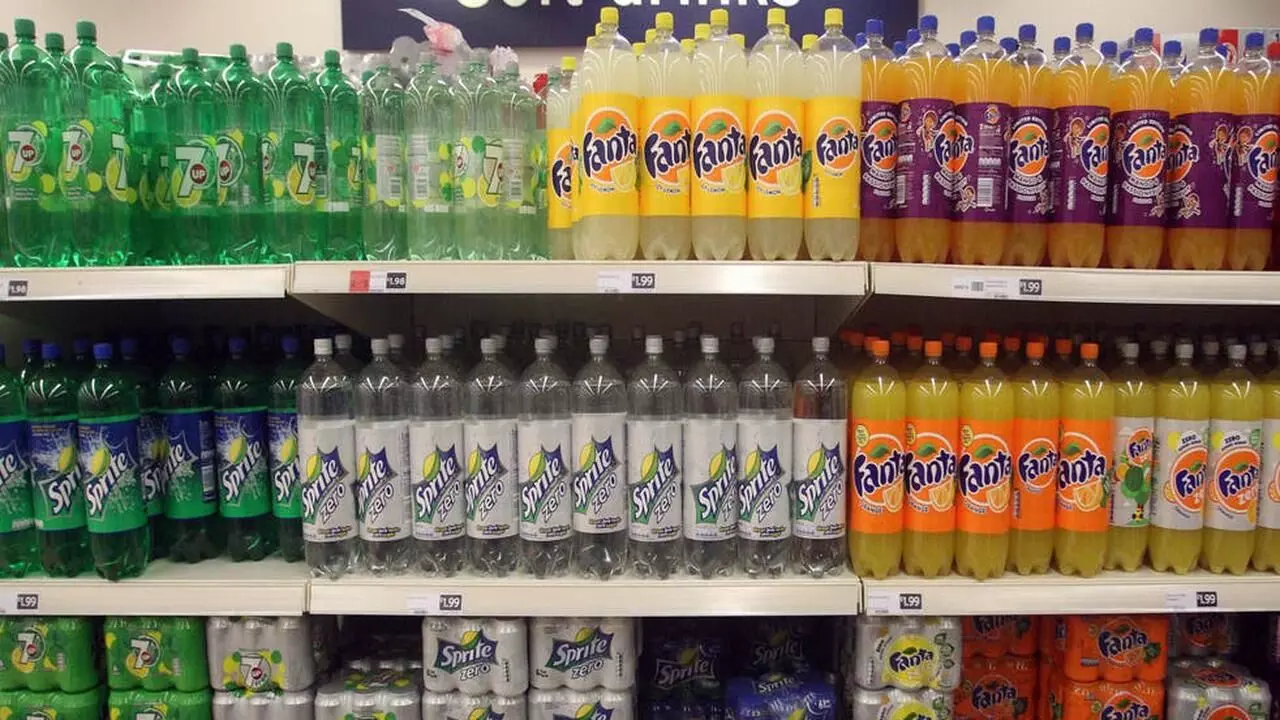- Home
- /
- Trending-News
- /
- Coalition urges FG to...
Coalition urges FG to use proceeds of sugar tax to fund cancer care

The National Action on Sugar Reduction (NASR) has urged the Federal Government to use the proceeds of the planned increase in tax on sugar-sweetened beverages to support cancer care initiatives.
Supreme News reports that in August 2023, the federal government says it has perfected plans to increase taxes on soft and carbonated drinks from 10 to 20 percent.
The coalition made the recommendation in a statement signed by its representative, Ms Omei Bongos-Ikwue, on Monday in commemoration of the 2024 World Cancer Day.
Bongos-Ikwue proposed utilising funds generated from sugary drink taxes to support cancer care in the country, potentially reducing the associated mortality rate.
“This strategic move aims to enhance access to quality treatment and support for cancer patients nationwide, addressing the surge in cancer cases.
“The NASR believes this innovative approach could significantly impact the nation’s healthcare system by addressing sugary drink consumption and improving cancer care.
“The proposed plan includes establishing specialised cancer treatment centres, enhancing existing facilities, and providing support services such as screenings, awareness campaigns, and counselling,” she said.
She emphasised the global link between lifestyle factors, sugary beverage consumption, and increased cancer risk, quoting the World Cancer Research Foundation.
“With millions succumbing to cancer globally each year and an alarming surge in Nigeria, the NASR urges the government to accelerate action on taxing sugary drinks to save lives.
“The burden of cancer necessitates comprehensive frameworks, including taxing sugary beverages and allocating funds to healthcare, contributing to public resources for accessing cancer care.
“The NASR expresses concern over the financial strain on individuals and families due to cancer diagnosis and advocates for sustainable and equitable funding through public means, emphasising the benefits of health taxes,” she said.
Meanwhile, in an interview with newsmen, Dr. Aisha Yusuf, an oncologist, emphasised the urgency of addressing both sugar consumption and cancer care issues simultaneously.
“By taxing sugary drinks and directing the revenue towards cancer care, we have the opportunity to tackle two major health concerns in the country.
“This approach not only discourages the consumption of unhealthy beverages but also ensures that cancer patients receive the support and treatment they desperately need,” she said.
Also, the NASR’s proposal has garnered support from various stakeholders, including health experts, advocacy groups, and concerned Nigerians.
They believe that this initiative could bring about a transformative change in the country’s healthcare landscape, significantly reducing the mortality rate associated with cancer.
However, the proposal also faced challenges, as some critics argued that taxing sugary drinks may disproportionately affect low-income individuals who rely on these beverages as an affordable source of hydration.
To tackle these concerns, Dr Adamu Umar, President of the Nigerian Cancer Society (NCS), proposed the implementation of measures, including subsidies for healthier alternatives and educational campaigns promoting better choices.
Umar suggested that the government should assess the potential impact of sugary drink taxes on cancer care funding.
“If adopted, this innovative strategy could represent a substantial step forward in the country’s battle against the adverse effects of sugary drinks, potentially leading to enhanced healthcare outcomes and a lower mortality rate for cancer patients,” he said.



